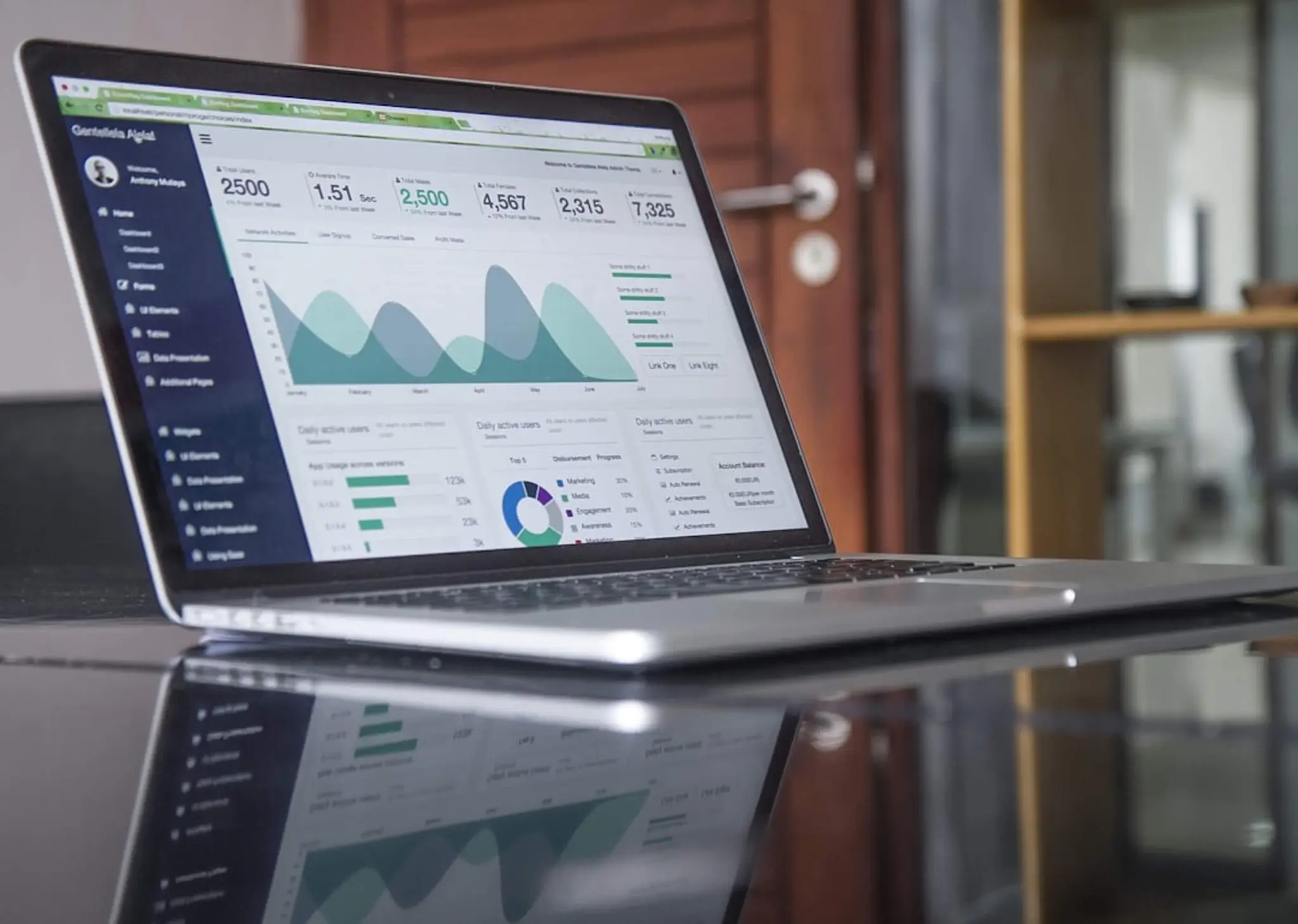If you have a website, you have surely banged your head against privacy rules, GDPR, and so forth. Is there a safe way to get analytic data while respecting users’ privacy? Yes, and I’m about to tell you what I did with a privacy-focused analytics tool.

Good morning, my dear reader. I appreciate you, and I’m thankful for the time you dedicate to me.
As a photographer, I feel the urge to create new images as often as I can.
I do that for myself, to feed my spirit and my hunger to make new experiences.
I would be hypocritical if I said I don’t like sharing my work and receiving feedback about it…
Like the majority of us, I show my images on a bunch of social platforms, which are designed for that exact purpose. Some I like (Vero, for example), others I really can’t stand but are necessary to reach a wider audience (arguable, in recent years…try to guess what I’m talking about…).
Besides social platforms, there are a couple more tools I use to share my creations. One is my newsletter, which, as you know, allows me to combine my passion for photography with my passion for writing.
The other one is this website.
This is a showcase of my best work, my projects, and a selection from my latest shoots.
Lately, it’s also my own container for all the articles from the newsletter, in the form of a blog.
Measuring, or better yet, evaluating how well or poorly my content is perceived is pretty easy on the platforms, with their likes, hearts, and whatever is used to appreciate a post.
Doing the same on a website can be tricky and, from what I’ve known so far, could only rely on tools like Google Analytics (GA), which go deep into the information each visitor leaves when navigating the net.
In recent weeks, I’ve been trying to understand a bit better how GA4 works, and I started wondering – putting myself in the place of a visitor – if I wanted Google to collect all that information to pack it into their analytics.
And the answer is NO.
So I started to look for alternatives. I discovered a bunch of GDPR-compliant analytics tools that offer cookieless website analytics, and decided to try one.
This tool is called Simple Analytics. The company is EU-based and fully GDPR-compliant. They use an alternative way of creating analytics data that is completely cookie-free. I’m not going to dig into the technicalities; I’ll leave that to you if you want. You can find all the details on their website.
The point is that, as always, alternatives for better technology are already out there.
Of course, it comes with compromises: since they do not collect personal information, the granularity and depth of analytics you can get from them is not comparable to GA4.
The question is: do you, or do I really need all that information?
For me, the answer is pretty easy: of course not.
While I need analytics to check how my website is performing, I realized I care much more about my visitors’ privacy than about the additional info I could get from GA4.
That’s why I decided to remove all of the scripts from Google and opt for a more secure and privacy-focused navigation experience.
We all complain about Big Tech using our data: I’m proud to say I embraced the other way because there’s always another way.
Now, as I said, there are several tools that could help you analyze your website’s performance. I just mentioned one, and I want to make it clear that I’m not sponsored nor paid for this article.
However, as part of their marketing, they offer new users an affiliate link to receive a commission for each purchase made through it.
Transparency is the key. Always.
If you want to give Simple Analytics a try, there’s a free trial with almost all the functionalities unlocked. And after the trial, you can decide if you want to stick to the free plan or purchase a paid, more powerful, and complete one.
If you decide to buy their annual plan, you can use this affiliate link. It costs you nothing extra, and it helps support my work.
That said, the topic of this post is to put a spotlight on the concept of finding an alternative, whatever it may be, if it means being more ethical and guaranteeing more privacy to the people who visit our website.
Have a thought on this and think about all the data you leave when it’s you visiting a website.
Take care and talk soon!